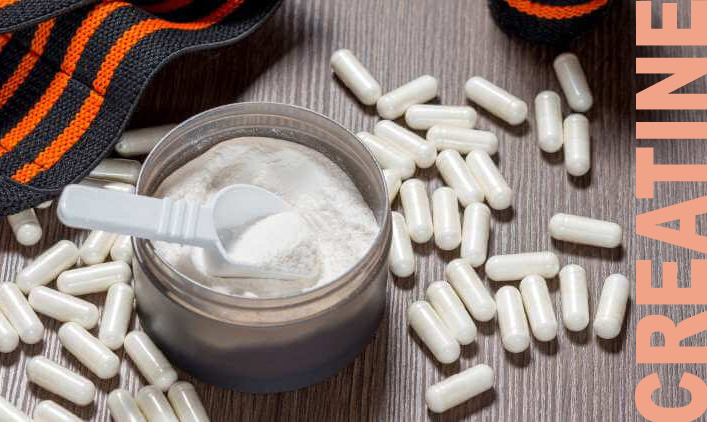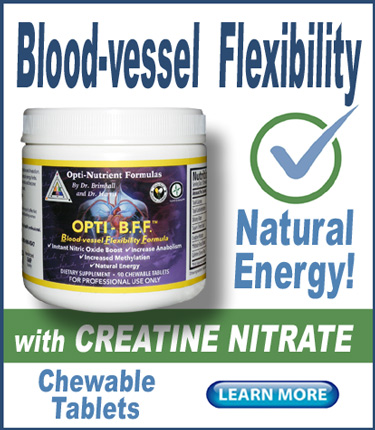Millions of health consumers use creatine for its muscle support properties; however, most are unaware that creatine’s circulation-promoting properties also benefit the immune system.
Now a new study conducted at University of California Los Angeles (UCLA) is adding more evidence to the existing research.
The study, published October 18, 2019 in the Journal of Experimental Medicine found that creatine “serves as a molecular battery for immune cells by storing and distributing energy to power their fight against cancer.”
“First of a kind” study
The study, which was conducted on mice, was the first to show that creatine uptake is critical to the anti-tumor activities of CD8 T cells. These cells, commonly known as “killer T cells,” are the foot soldiers of the immune system.
In addition to this important finding, the researchers also found that taking a creatine supplement can improve the effectiveness of existing immunotherapies.
In an acknowledgment to the long history of creatine usage, the researchers noted that the good safety record makes a good platform on which to base additional research.
Creatine – a brief history
Ceatine is an organic compound found in vertabrates. It is not an essential nutrient. It is naturally produced in the human body from the amino acids glycine and arginine.
Creatine is synthesized in the liver and kidneys and is transported through the blood and taken up by tissues with high energy demands—most notably the brain and skeletal muscle.
Creatine was first identified in 1832 when Michel Eugène Chevreul isolated it from the basified water-extract of skeletal muscle. He later named the crystallized precipitate after the Greek word for meat.
According to Wikipedia, while creatine’s influence on physical performance has been well documented since the early twentieth century, it only grew in popularity following the 1992 Olympics in Barcelona.
Articles in both The Times and Bodybuilding Monthly reported details on a number of athletes using creatine—among them at least two gold medal winners.
“Because oral creatine supplements have been broadly utilized by bodybuilders and athletes for the past three decades, existing data suggest they are likely safe when taken at appropriate doses,” said Lili Yang, a member of the Eli and Edythe Broad Center of Regenerative Medicine and Stem Cell Research at UCLA and the study’s senior author.
“This could provide a clear and expedient path forward for the use of creatine supplementation to enhance existing cancer immunotherapies,” said Yang.
Study details
The lab genetically engineered mouse models so that their killer T cells were deficient in a gene called CrT, or Slc6a8, which is responsible for producing creatine transporter molecules.
They found that mice whose killer T cells could not take in creatine were less capable of fighting tumors.
The team then tried validating their hypothesis from the opposite angle, giving non-engineered mice a daily dose of creatine comparable to the safe dose recommended to athletes and bodybuilders.
The results were clear… and promising:
This creatine boost—which was given to some mice via injection and others as an oral supplement—made both groups better equipped to suppress both skin and colon cancer tumor growth.
“Taken together, these findings suggest that killer T cells really need creatine to fight cancer,” Yang said. “Without it, they simply can’t do their jobs effectively.”
Whether purchasing creatine for muscle building or for restoring useful blood flow, be sure to purchase only quality products from proven supplement companies.
As the popularity of creatine has grown, so has the number of cheap—and frequently impure—products. Protect yourself by purchasing products that are third-party tested and manufactured in a GMP facility.
Optimal Health Systems has been a leading seller of creatine products for over two decades:
Muscle Rx, with patented Creatine Magnesium Chelate and Creatine Monohydrate, helps build and sustain lean muscle.
Optimal BFF (previously known as “Optimal Opti B.F.F”) is a blood vessel flexibility formula featuring Creatine Nitrate.
– – –
Article sources: Journal of Experimental Medicine; MedicalXpress.com.


